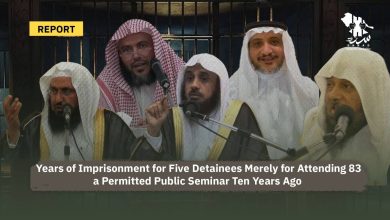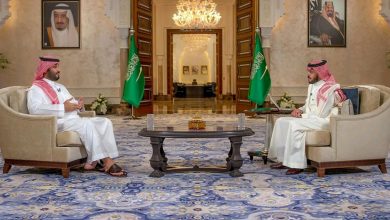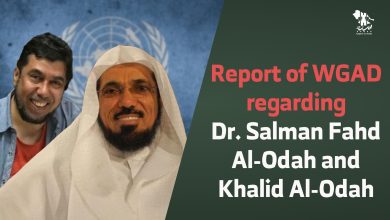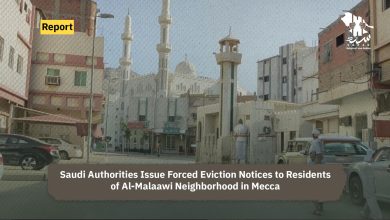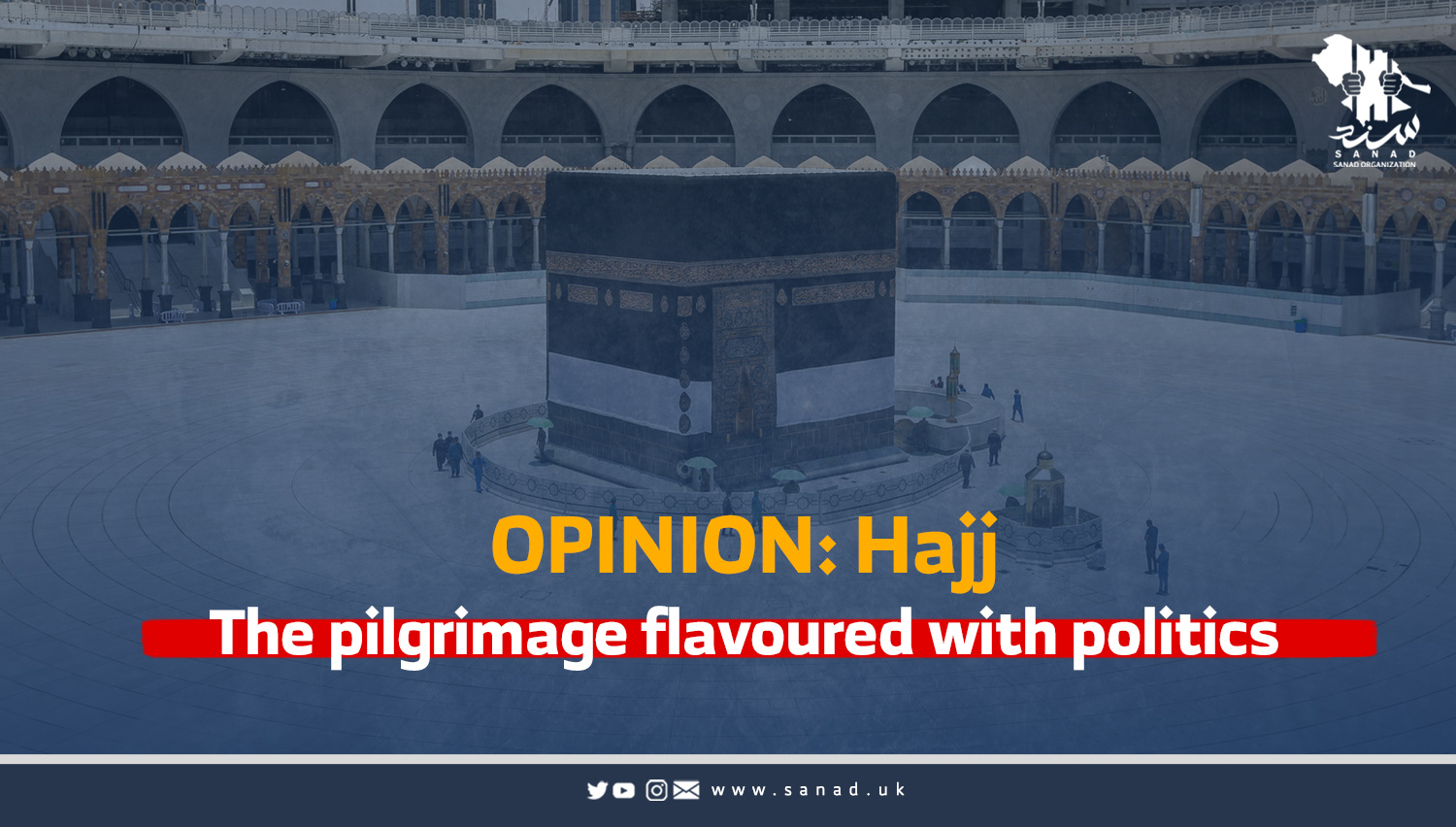
OPINION: Hajj – The pilgrimage flavoured with politics
The season of Hajj or pilgrimage to Mecca soon arrives. This is the second time the fifth pillar of Islam will have fallen into what is widely acknowledged and categorised as a worldwide pandemic (aka COVID-19). Unfortunately for the Saudis, it is widely accepted the government will take this as another opportunity and a pretext to tighten more control over the sacred ritual and the most important annual global Islamic gathering.
In Surah-Al Hajj, verse 27 says: And proclaim the pilgrimage to the people, they will come to you on foot and on every kind of swift mount, they come from every deep ravine.
It is the absolute right for countries to manage and organise their cultural and religious affairs (including events) in a manner that they see fit – as long as it does not violate the right of anyone. However, that right is relinquished if the Saudi government captures the Hajj season and turns it into a means for material exploitation, political posturing, security hunting and anything else that is not part of the spirit of Islam and its great ritual and symbolism of unity, brotherhood and tolerance.
It is known in Islam that the sanctity of the Sacred House and the service of its pilgrims and visitors is a matter of utmost holiness and reverence. Under no circumstances can politics and its complications defile it.
Even during the ‘times of ignorance’ (or jahiliyyah as it’s commonly referred to), nobody was prevented from attending the House of God. But what of now? Where do the servants of God stand?
The Saudi government is departing with the teachings of Islam and the customs of the Arabs that it claims to protect. The sanctity of the sacred month and the holy land is being violated by monitoring all those who are on the government’s security list. It is also being claimed security forces are willing to arrest people on behalf of the Kingdom’s Arab and non-Arab tyrannical allies and hand them over to be subsequently tortured.
The use of Hajj and Umrah as a means of surveillance is a violation of international covenants and human rights, which guarantee the right of movement for a person, especially after being granted an entry visa.
There is also evidence to suggest people are being denied visas and being issued entry bans under the pretext of holding hostile political positions or certain affiliations – it is as if the Holy Land is the personal property of the regime.
Verily, the first house that was set up for the people was the one at Bakkah (Makkah), blessed and a source of guidance for all people/In it are clear signs and the standing place of Abraham, and whoever enters it should be safe – Surah Al Imran verse 96.
Whilst the house of Saud celebrates, hosts, and rewards the pilgrimage of every tyrant and murderer, at the expense of its people’s money – most Muslims around the world struggle to obtain a permit or find assistance to perform an Umrah ritual even once. The costs associated with performing the ritual of Hajj or Umrah is spiralling out of control.
The Covid-19 crisis has also acted as a lever of control by the state. Scores of Hajj and Umrah pilgrim serving companies have been stripped of their licences and from practising their professions. As a result, thousands of jobs have been lost and taken over by a centralisation program run directly by non-other than the Ministry of Hajj (at very high costs).
The politicisation of Hajj does not end there.
The exploitation of Hajj is evident and even reaches out to the most important event during the pilgrimage, which is the pilgrims standing in Arafat and attending the annual sermon. This is the annual address that is meant to enrich the souls of millions of Muslims around the world and the hundreds of thousands in attendance on the day. Unfortunately, the anticipation and impact are quickly lost. More and more, the sermon has become a dreary political promotion, and marketing opportunity to praise the leaders and their ‘generosity’, instead of their Lord. Astonishingly, this platform is used to promote policies of injustice and human rights violations under the guise of a religious event. For example, the Grand Mufti of Saudi Arabia once attacked (from the pulpit on the Day of Arafah) the call for the establishment of a civil and democratic state, claiming that it contradicts the teachings of Islam. Therefore, it comes as no surprise that major political affairs, such as the issue of Palestine, were marginalised and replaced by praising, thanking and congratulating the successes of the country’s leaders.
So, where does this leave us and the international Muslim community? It is little wonder there are increased calls for the internationalisation of the Two Holy Mosques to be placed under a guardianship that respects its sanctity and preserves its dignity, away from the pollutants of politics and exploitation of governments. Whether this ever comes to fruition is unlikely. What is certain, is the motion to end the use of the Two Holy Mosques as political or economic levers (to assert control) is getting louder by the day.
The solution is simple. The best way to resist calls for internationalisation is to stop the politicisation of Hajj immediately and to ensure the safety of pilgrims from security hunting, material exploitation, and cheap political propaganda. The House of Saud needs to resist interfering in the House of God.



